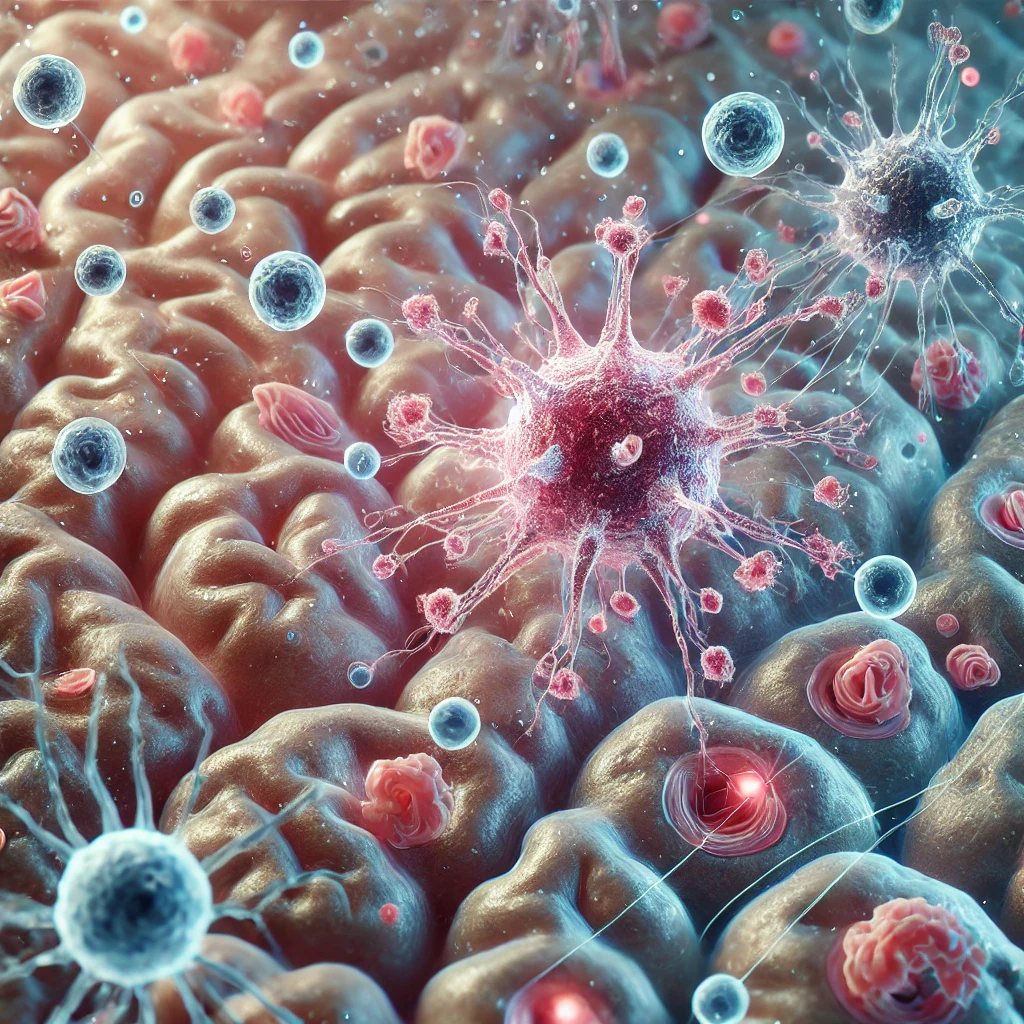
About
Dr. Lena Alexopoulou received her PhD in Molecular Genetics from the University of Athens, Greece. During her postdoctoral training at Yale University in the laboratory of Prof. Richard Flavell, she made seminal contributions to defining how distinct TLRs detect microbial ligands and trigger protective immune responses. Most notably, she discovered that TLR3 senses viral double-stranded RNA (Nature, 2001), a landmark discovery that provided the first evidence of a mammalian TLR acting as a sentinel in viral infection that paved the way for research on immunity and autoimmunity. She also identified the roles of TLR1 in detecting bacterial lipoproteins (Nat Med, 2002) and TLR7 in recognizing single-stranded RNA viruses (PNAS, 2004).
In 2004, she established her research group at the CIML, where she focused on TLR-mediated inflammation and autoimmunity. Her team identified TLR5 as the receptor for bacterial flagellin (PNAS, 2006) and discovered the critical role of TLR8 and TLR9 on acting as negative regulators of TLR7, thereby protecting against autoimmune pathology (J Clin Invest, 2010; PNAS, 2014). This work revealed a finely tuned regulatory interplay among nucleic-acid-sensing TLRs and demonstrated how its imbalance contributes to TLR7-mediated autoimmune diseases such as systemic lupus erythematosus and Sjögren's syndrome (Front Immunol, 2021; 2022). Her group further discovered that TLR7 signaling links lupus with high-fat diet–induced metabolic abnormalities, highlighting TLR7 as a promising therapeutic target bridging autoimmunity and metabolism (Front Immunol, 2019).
After leading her group at CIML from 2004 to 2018, she continued her research in the Stem Cell and Macrophage Biology group led by Dr. Michael Sieweke, and since 2024 she has been a member of the Immune Tolerance and T Cell Differentiation group led by Dr. Magali Irla. Her current work integrates her expertise in TLR biology with broader studies of immune tolerance, aiming to uncover novel mechanisms driving autoimmunity and chronic inflammation, and ultimately translating these insights into therapeutic strategies.
Lena Alexopoulou has published 80 peer-reviewed articles, more than half of which have been cited over 100 times (ORCID: 000-0003-4619-697X).

